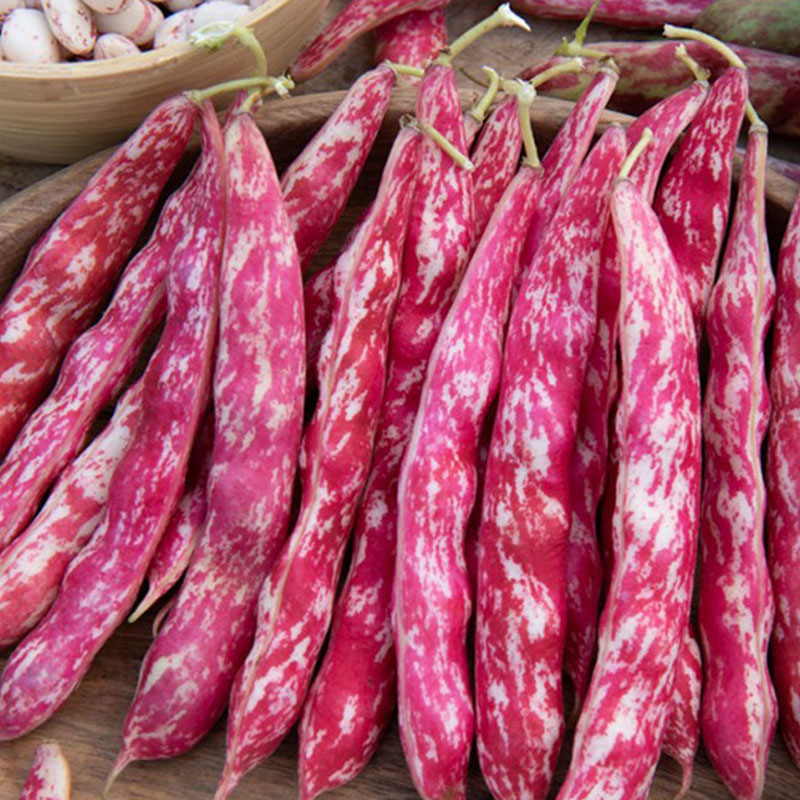Description
Tunisian red beans are packed with nutrients and offer many health benefits, including:
- Protein: They are an excellent source of plant-based protein, making them a great choice for vegetarians and vegans. Protein is essential for tissue growth and repair, as well as the production of enzymes and hormones.
- Fiber: They are rich in soluble and insoluble fiber. Soluble fiber can help lower cholesterol levels and regulate blood sugar levels. Insoluble fiber supports digestive health and prevents constipation.
- Iron: They are a good source of non-heme iron, which is more easily absorbed by the body in the presence of vitamin C. Iron is an essential mineral for transporting oxygen in the body.
- Potassium: They are a good source of potassium, an important mineral for regulating blood pressure.
- Antioxidants: They are packed with antioxidants that can help protect cells from free radical damage.
Other benefits of Tunisian red beans:
- They can help you lose weight or maintain it.
- They can reduce the risk of heart disease.
- They can reduce the risk of type 2 diabetes.
- They can improve digestive health.
- They can strengthen the immune system.
How to eat Tunisian red beans?
Tunisian red beans can be eaten in different ways:
- In soup: Tunisian red bean soup is a hearty and nutritious dish.
- In salad: They can be added to a salad to make it more filling and nutritious.
- In tagine: Tagine is a tasty and fragrant dish made from Tunisian red beans.
- Pureed: Tunisian red bean puree can be used as a spread or garnish.
- In hummus: Tunisian red bean hummus is a tasty and healthy alternative to traditional hummus.
- Tunisian red beans are a healthy and versatile food that can be incorporated into a variety of dishes.
Here are some recipes using Tunisian red beans:
- Tunisian red bean and meat soup
- Tunisian red bean and tuna salad
- Chicken tagine with Tunisian red beans
- Tunisian red bean puree with garlic and lemon
- Tunisian red bean hummus with spices


Reviews
There are no reviews yet.